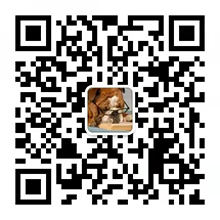不能。表语是用来说明主语的特征、状态等,补充说明主语的意义,因此,它也叫作主语补语。表语一般用在连系动词后面,连系动词除了be之外,还有become(成为)、look(看起来)、turn(变成)等等。
whether和if的用法
whether和if都可以引导宾语从句,表示“是否”,在口语或间接引语中两者可以互换使用。如:
I wonder if / whether I can get some advice from you.
Ask him whether / if he can come.
但在有些情况下,whether和if的用法有一定区别。
1. whether引导的从句常可以与连词or或or not直接连用,而if一般不能。如:
正: Let me know whether you can come or not.
误: Let me know if you can come or not.
2. 当宾语从句提到句首时,只能用whether引导,而不能用if。如:
正: Whether it is true or not, I can’t tell.
误: If it is true or not, I can’t tell.
3. whether可以引导带to的不定式,if则不能。如:
正: I don’t know whether to accept or refuse.
误: I don’t know if to accept or refuse.
4. whether及其引导的成分可放于介词之后,作介词的宾语,但if不能。如:
正: I worry about whether I hurt her feelings.
误: I worry about if I hurt her feelings.
5. whether可以引导从句,作主语、表语或同位语,而if不能。如:
正: It was uncertain whether he would come.
误: It was uncertain if he would come.
正: His first question was whether Tom had arrived yet.
误: His first question was if Tom had arrived yet.



